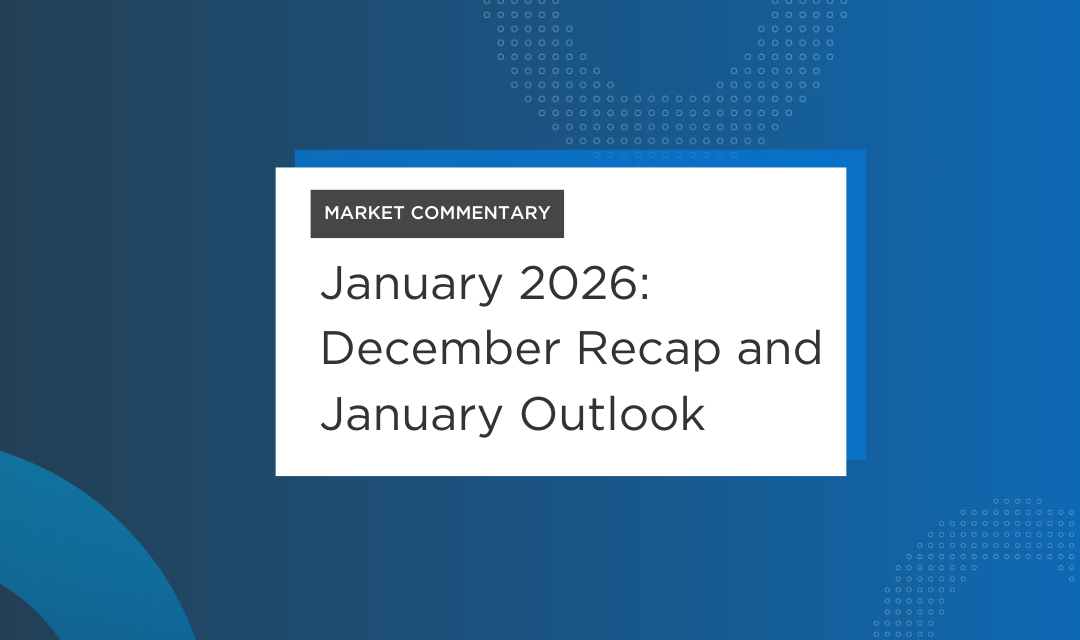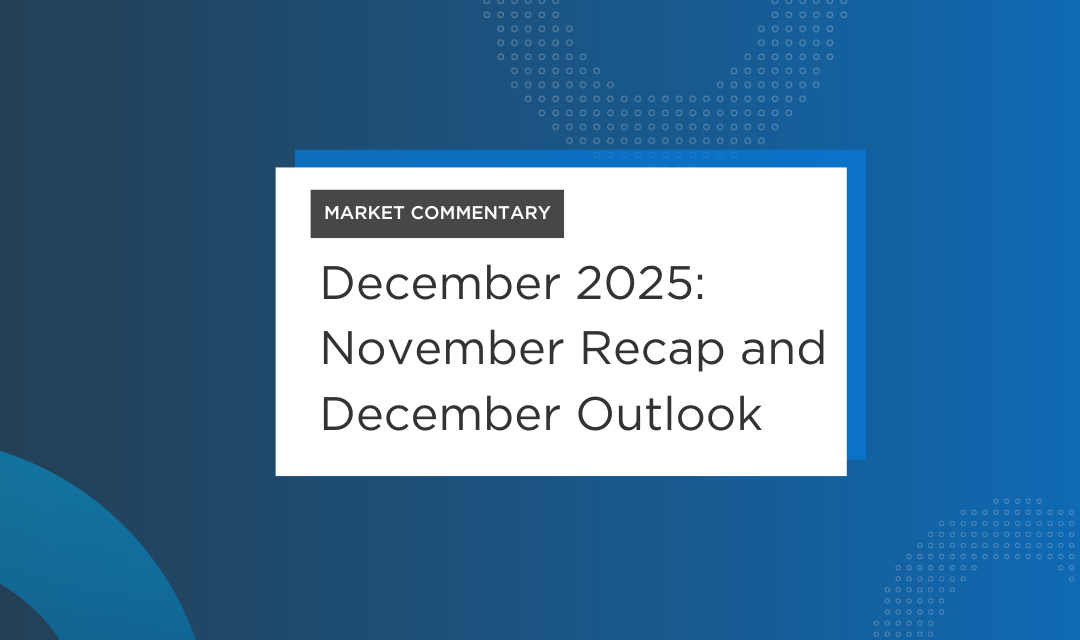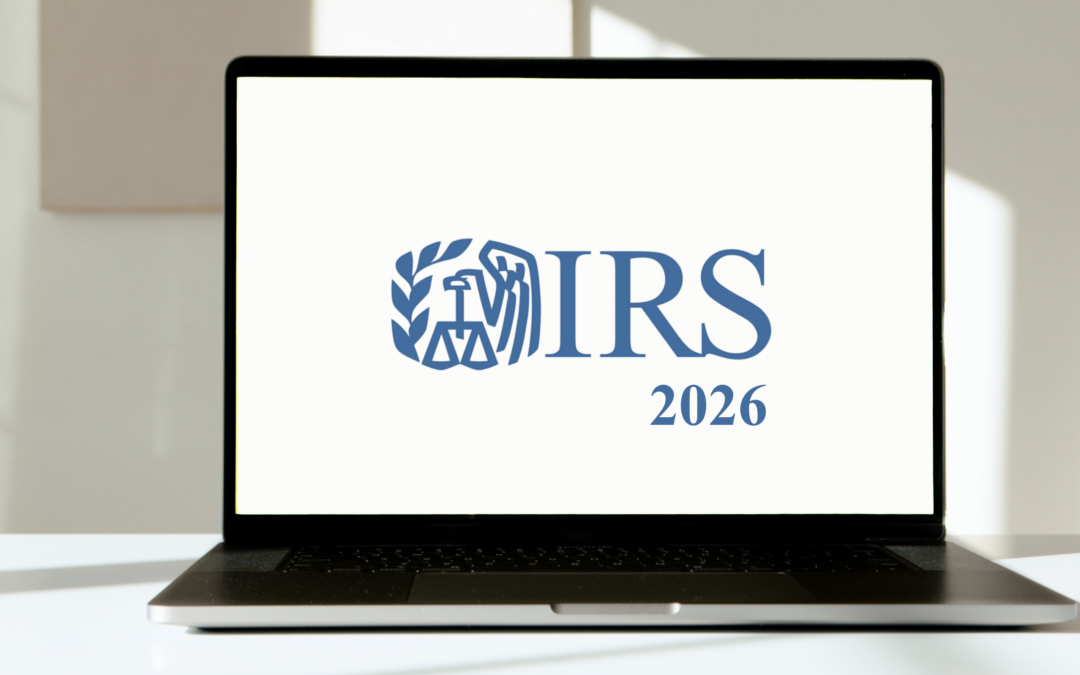How to Invest at Every Age
Investing is often seen as a tool reserved for the financially savvy or the wealthy elite. However, the truth is that investing is a crucial aspect of personal finance that everyone should engage in, regardless of age or financial status.
In this comprehensive guide, we will be exploring the importance of investing at different stages of life and provide actionable insights tailored to each age group. From harnessing the power of compounding in your 20s to fine-tuning your investment strategy for retirement in your 50s and beyond, this blog aims to equip you with the knowledge and tools needed to make informed investment decisions at every stage of your life journey.
Investing in Your 20s
Your 20s mark the beginning of your professional journey and presents a prime opportunity to lay the foundation for long-term financial success. While retirement may seem like a distant prospect, starting to invest early can significantly impact your future wealth due to the power of compounding.
Importance of Starting Early
- Time is your greatest asset when it comes to investing. The earlier you start, the more time your investments grow.
- Compound interest allows your investments to generate earnings, which are reinvested to generate even more earnings over time.
- Even small contributions made consistently can accumulate into substantial savings over several decades.
For example, Experian explains that if you invested just $300 per month beginning at age 25, you’d have over $792,000 by the time you turned 65, assuming a 7% average annualized return. By comparison, starting at age 40 would return about 30% less— effectively cutting you off from roughly $547,598.
Overview of Investment Options for Young Adults
- Young adults have a variety of investment options to choose from, including stocks, bonds, mutual funds, and exchange-traded funds (ETFs).
- Consideration of risk tolerance and investment goals is essential when selecting investment vehicles.
- Robo-advisors and investment apps often offer convenient and low-cost options for beginners.
Tips for Creating a Solid Financial Foundation
- Establishing an emergency fund to cover unexpected expenses can prevent the need to dip into investment accounts.
- Paying off high-interest debt, such as credit card balances, can free up more funds for investing.
- Setting clear financial goals, such as saving for a down payment on a home or funding future education expenses, can provide direction for investment decisions.
How to Take Advantage of Compound Interest
- Regularly contributing to investment accounts, such as a 401(k) or individual retirement account (IRA), allows for consistent growth through compound interest.
- Reinvesting dividends and interest earned from investments can accelerate wealth accumulation.
- Avoiding the temptation to withdraw funds prematurely can maximize the benefits of compound interest over the long term.
Investing in Your 30s
As you transition into your 30s, your financial responsibilities and priorities may shift, necessitating adjustments to your investment strategy. This decade often brings significant life changes, such as starting a family, advancing in your career, or purchasing a home. Therefore, it’s essential to reassess your financial goals and ensure that your investment plan aligns with your evolving needs.
Balancing Investing with Other Financial Goals
- Your 30s may be a time when you’re juggling multiple financial objectives, such as saving for a down payment on a home, funding your children’s education, and planning for retirement.
- Balancing these competing priorities requires careful budgeting and allocation of resources to ensure that you’re making progress towards each goal.
Adjusting Investment Strategies
- As your income and expenses change in your 30s, it may be necessary to adjust your investment strategy to reflect your current financial situation.
- Reassess your risk tolerance and investment mix to ensure that it aligns with your long-term objectives and time horizon.
- Consider increasing your contributions to retirement accounts, such as employer-sponsored 401(k) plans or IRAs, to take advantage of tax-deferred growth opportunities.
Diversification and Risk Management
- Diversifying your investment portfolio across different asset classes, industries, and geographic regions can help mitigate risk and enhance long-term returns.
- Regularly rebalancing your portfolio ensures that your asset allocation remains aligned with your risk tolerance and investment objectives.
- Consider incorporating alternative investments, such as real estate or commodities, to further diversify your portfolio and potentially enhance returns.
- Kiplinger also recommends investing in a few different index funds with varying levels of risk to further diversify your investments. After which, they recommend purchasing bonds, if you haven’t already, to balance out the inherent risk of stocks.
Retirement Planning Considerations
- In your 30s, retirement planning becomes increasingly important as you aim to build a sizable nest egg to support your desired lifestyle in retirement.
- Take advantage of employer-sponsored retirement plans, such as 401(k)s or 403(b)s and maximize contributions to benefit from employer matches and tax advantages.
- Explore additional retirement savings options, such as traditional or Roth IRAs, to supplement your employer-sponsored plan and diversify your tax strategy.
Investing in Your 40s
Entering your 40s brings a heightened sense of urgency regarding retirement planning and wealth accumulation. With fewer years until retirement, it’s crucial to assess your current financial standing and make strategic decisions to ensure a comfortable and secure future. In this stage of life, a proactive approach to investing becomes even more critical to meeting your long-term goals.
Reassessing Financial Goals and Priorities
- Your 40s are a time to reassess your financial goals and adjust your investment strategy accordingly.
- Take stock of your progress towards retirement and other financial objectives and make any necessary course corrections to stay on track.
- Consider consulting with a financial advisor to conduct a comprehensive financial review and develop a customized plan for the future.
Maximizing Retirement Savings Contributions
- As you approach your peak earning years in your 40s, take advantage of opportunities to maximize contributions to retirement accounts.
- Contribute the maximum allowable amount to your employer-sponsored retirement plan, such as a 401(k) or 403(b), to capitalize on tax-deferred growth and potential employer matches.
- Explore catch-up contributions available for individuals aged 50 and older to accelerate retirement savings and bridge any gaps in your retirement plan.
As reported by Investopedia, workers who are 50 and older can now contribute an additional $7,500 per year to a 401(k) for 2023 and $7,500 for 2024. In other words, those aged 50 and over can add a total of $30,000 to their 401(k) or ($22,500 + $7,500) in 2023 and $30,500 or ($23,000 + $7,500) in 2024.
Strategies for Catching Up if Behind on Retirement Savings
-
-
- If you find yourself behind on retirement savings in your 40s, there are strategies you can implement to catch up and bolster your nest egg.
- Consider increasing your savings rate and making additional contributions to retirement accounts to accelerate growth and make up for lost time.
- Explore alternative investment options, such as high-yield bonds or dividend-paying stocks, to potentially boost returns and generate supplemental income for retirement.
-
Estate Planning and Wealth Preservation
-
- In your 40s, it’s essential to prioritize estate planning and wealth preservation to protect your assets and ensure a smooth transfer of wealth to future generations.
- Review and update your estate plan regularly to reflect changes in your financial situation, family dynamics, and legislative developments.
- Consider establishing trusts, drafting a will, and designating beneficiaries for your retirement accounts and other assets to ensure that your wishes are carried out according to your wishes.
Investing in Your 50s and Beyond
As you enter your 50s and approach retirement, your investment strategy typically shifts from accumulation to preservation. This stage of life presents unique challenges and opportunities, requiring careful planning and prudent decision-making to ensure a comfortable and financially secure retirement.
Transitioning from Accumulation to Preservation
- In your 50s, your primary focus shifts from accumulating wealth to preserving what you’ve worked hard to build over the years.
- Begin to gradually shift your investment portfolio towards more conservative asset allocations to reduce volatility and protect against market downturns.
- Emphasize capital preservation and income generation to support your lifestyle in retirement while minimizing the risk of significant portfolio losses.
Strategies for Generating Income in Retirement
-
- As you approach retirement age, explore strategies for generating a reliable income stream to cover your living expenses and maintain your standard of living.
- Consider allocating a portion of your investment portfolio to income-producing assets, such as dividend-paying stocks, bonds, annuities, and rental properties.
- Implement a systematic withdrawal strategy, such as the 4% rule, to draw down your retirement savings in a sustainable manner while preserving principal for the long term.
Social Security and Medicare Considerations
- Familiarize yourself with the rules and options for claiming Social Security benefits, as the timing of your decision can significantly impact your retirement income.
- Evaluate your eligibility and coverage options for Medicare to ensure that you have comprehensive healthcare coverage in retirement.
- Consider supplemental insurance policies, such as Medicare Advantage plans or Medigap policies, to fill gaps in Medicare coverage and provide additional protection against healthcare expenses.
Long-Term Care Planning
- In your 50s and beyond, it’s essential to plan for the possibility of long-term care needs and associated costs in retirement.
- Explore long-term care insurance options to protect against the financial burden of nursing home care, assisted living facilities, and in-home care services.
- Consider incorporating long-term care planning into your overall estate plan to ensure that your assets are protected, and your wishes are carried out in the event of incapacity.
Tools and Resources for Investors
In today’s digital age, investors have access to a wealth of tools, resources, and technology platforms to help them make informed investment decisions and manage their portfolios effectively. Whether you’re a novice investor just starting out or a seasoned professional looking to fine-tune your strategy, there are numerous resources available to support your investment journey:
Overview of Investment Platforms and Tools
- Online brokerage platforms offer a wide range of investment options, including stocks, bonds, mutual funds, ETFs, and more.
- Robo-advisors utilize algorithms to provide automated investment management services, making it easier for investors to build and maintain diversified portfolios.
- Investment apps offer convenient mobile access to investment accounts, real-time market data, and educational resources to help investors stay informed and engaged.
Importance of Financial Education and Resources
- Take advantage of online courses, webinars, and educational materials provided by reputable financial institutions, investment firms, and educational organizations.
- Stay informed about market trends, economic indicators, and investment strategies through financial news outlets, industry publications, and expert commentary.
- Participate in investment forums, discussion groups, and social media communities to exchange ideas, share experiences, and learn from other investors.
Seeking Professional Advice When Needed
- Consider consulting with a certified financial planner (CFP) or registered investment advisor (RIA) to develop a personalized financial plan tailored to your individual goals, risk tolerance, and time horizon.
- Engage the services of a tax advisor or estate planning attorney to optimize your tax strategy, minimize tax liabilities, and ensure that your estate plan is comprehensive and up to date.
- Be wary of potential conflicts of interest and hidden fees when selecting financial professionals, and always conduct thorough due diligence before entrusting them with your financial assets.
Utilizing Technology for Investment Management
- Take advantage of investment tracking and portfolio management tools to monitor your investment performance, track expenses, and evaluate the effectiveness of your investment strategy.
- Explore automated investment services, such as tax-loss harvesting and rebalancing algorithms, to streamline portfolio management and optimize tax efficiency.
- Leverage data analytics and machine learning algorithms to identify investment opportunities, detect market trends, and make data-driven investment decisions.
Summary
Investing is a journey, not a destination, and success often comes from patience, perseverance, and a long-term perspective. Whether you’re just starting out or well on your way to retirement, the key is to stay focused on your goals, remain adaptable to changing circumstances, and take proactive steps to secure your financial future. So, regardless of your age or stage in life, take the first step towards investing in your financial future today. Your future self will thank you for it.
Contact Us Today
Here at HUB Investment Partners, we understand the importance of investing at every stage of life, and we’re here to help you navigate your financial journey with confidence. Whether you’re in your 20s and just starting out, or in your 50s planning for retirement, our team of experts is dedicated to providing personalized guidance and tailored solutions to meet your unique needs. Contact us today to take the first step towards securing your financial future. Let’s work together to build wealth and achieve your long-term goals.
SOURCES USED
https://tcgservices.journey.io/p/investing-at-every-age
https://www.investopedia.com/articles/investing/090915/are-your-investments-right-your-age.asp
https://www.experian.com/blogs/ask-experian/best-way-to-invest-at-every-age/
https://www.kiplinger.com/investing/how-to-invest-at-any-age
https://www.cnbc.com/select/savings-by-age/
https://www.ffbkc.com/blogs/saving/investment-strategy-for-age/
https://www.pnc.com/insights/personal-finance/save/investment-strategies-age.html
DISCLOSURES
Investment advisory services offered through HUB Investment Partners LLC, an SEC registered investment advisor. Recordkeeper and Third Party Administrator services offered through TCG Administrators. HUB FinPath and Tax Services are offered through PW Solutions. Cypher is offered through Cypher Security, LLC. Consulting Services are offered through TCG Consulting Services, LLC. TeleWealth virtual meetings are offered through HUB Investment Partners. HUB Investment Partners, TCG Administrators, HUB FinPath, RPW Solutions, Cypher Security, LLC and TCG Consulting Services are under common ownership of HUB International and are affiliates of HUB Investment Partners. Legal and Tax advice may be provided by Hessler Legal, an unaffiliated law firm. Certain of HUB Investment Partners’ investment advisory representatives may also be affiliated with Hessler Legal. HUB Investment Partners does not receive compensation from Hessler Legal for referrals. HUB International, owns and operates several other entities which provide various services to employers and individuals across the U.S. This website is not authorized for use as an offer of sale or a solicitation of an offer to purchase investments. This website is for informational purposes only and does not constitute an offer to sell, a solicitation to buy, or a recommendation for any security, or as an offer to provide advisory or other services in any jurisdiction in which such offer, solicitation, purchase or sale would be unlawful under the securities laws of such jurisdiction. Past performance may not be indicative of any future results. No current or prospective client should assume that the future performance of any investment or investment strategy referenced directly or indirectly in this brochure will perform in the same manner in the future. Different types of investments and investment strategies involve varying degrees of risk—all investing involves risk—and may experience positive or negative growth. Nothing in this brochure should be construed as guaranteeing any investment performance. This website may contain forward-looking statements and projections that are based on our current beliefs and assumptions on information currently available that we believe to be reasonable; however, such statements necessarily involve risks, uncertainties, and assumptions, and prospective investors may not put undue reliance on any of these statements.



